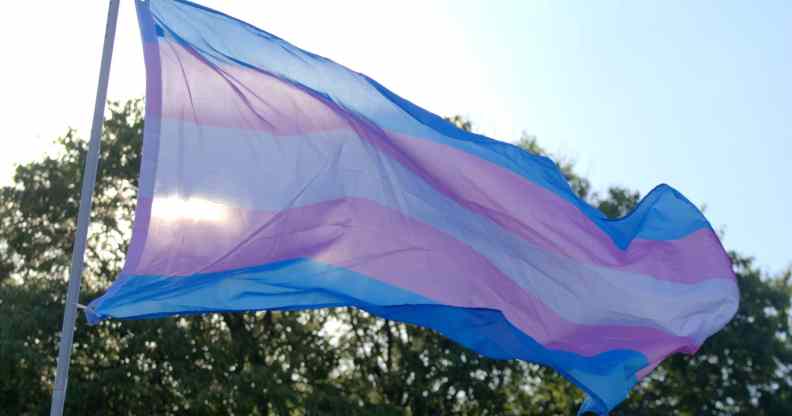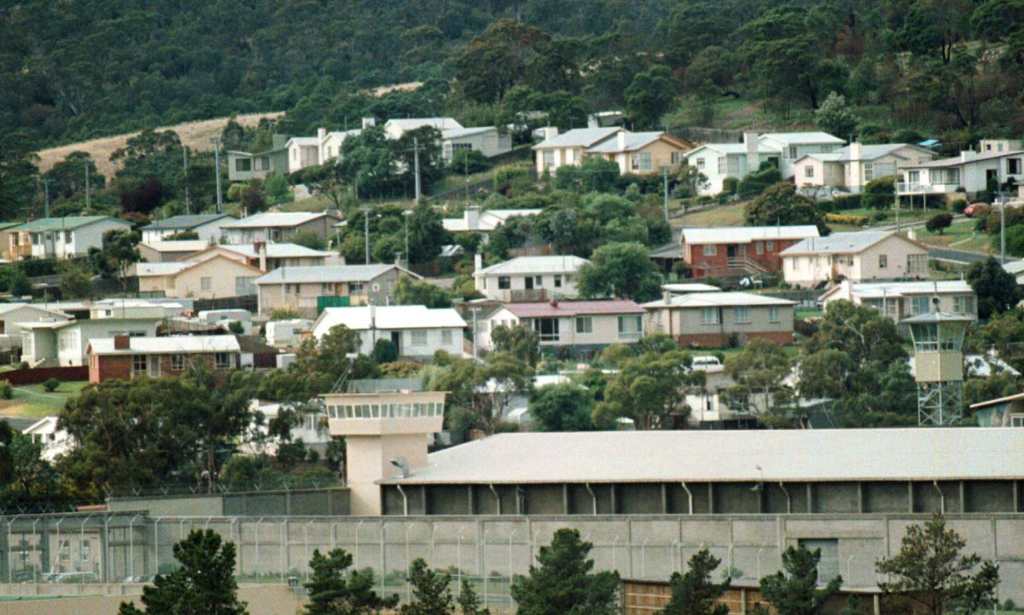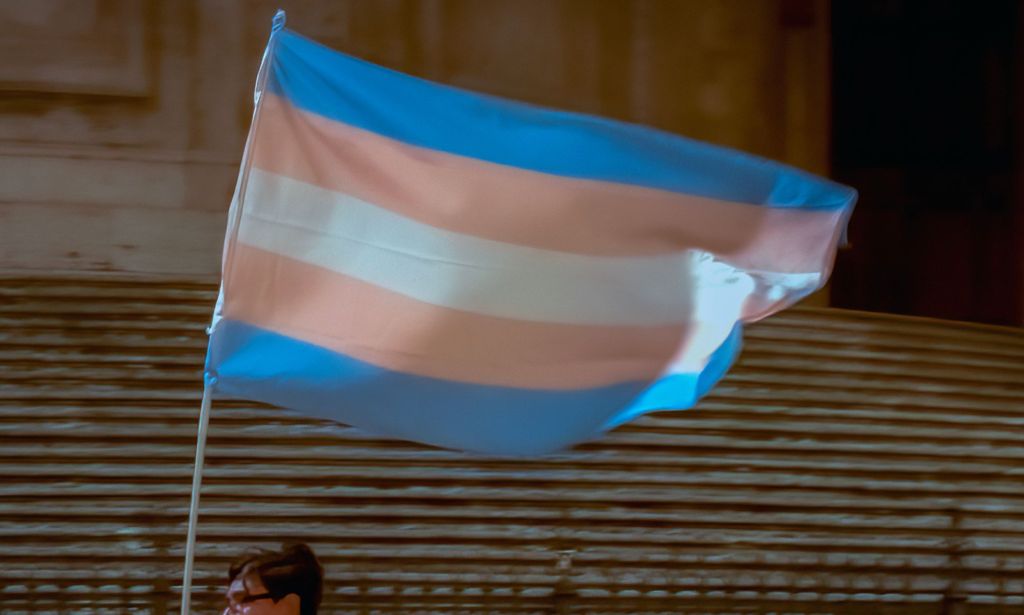Family of trans prisoner Marjorie Harwood demand inquest into her death

The family of a trans prisoner have demanded a new inquest into her death. (Miguel Sotomayor/Getty)
The family of a trans prisoner have demanded a new inquest into her death. (Miguel Sotomayor/Getty)
The family of trans woman Marjorie Harwood has demanded an inquest into her death after new information about her time in an all-male prison has come to light.
Marjorie Harwood was first arrested in 2009 – for non-violent theft offences – and, despite identifying as a woman, was housed in men’s cells at Risdon Prison in Tasmania, Australia.
After arriving in prison, Harwood alleged that she was sexually assaulted and repeatedly reported that she was being “targeted” by other inmates.
This continued until 2017, when Harwood opted to stop taking medication for her chronic kidney disease, and died the following year.

Now, Harwood’s family is calling for an inquest into her death, after newly obtained health and correctional records brought some new information about her time in prison to the surface.
Although Harwood’s death occurred outside of custody, her family believes that she passed away as an “indirect result of injury” from her time serving in a male prison.
New evidence revealed that Harwood’s gender identity was widely known throughout the prison. One set of early correctional health notes from 2009 sees a doctor describe her as “overtly female”, ABC reports.
Prison records show that it was also acknowledged and understood how much danger Harwood faced by being placed in an all-male prison.
Although she was placed in a more secure unit, newly surfaced prison records noted that it didn’t do much to keep her safe.
Health records from 2014, 2015, and 2016 report various injuries that Harwood had to be treated for as a result of being targeted by other prisoners.
In 2017, Harwood was placed in Risdon prison once again. This time around, the gender field of her foundation plan was officially filled in as “transgender.”

Tasmania’s Prison Service (TPS) has claimed that this document marks the first time they were made aware of Harwood’s gender identity.
After re-entering prison, Harwood alleged that she had been raped, and was hospitalised for significant injuries.
TPS records show that Harwood spent June to September of 2017 either in prison inpatient care or at the Royal Hobart Hospital.
Although Harwood’s allegations had been documented in a hospital patient care report, no investigation took place as the justice department was provided with no evidence of the alleged rape.
By this point, Harwood had stopped taking medication for her kidney condition, and her health had started deteriorating.
After Harwood passed away, her family, who had affirmed her gender since she was young, called for an inquest, but the coroner requested further information.
However, now that new information about Harwood’s time in prison has been released, her mother plans to apply again.
Commenting on the new inquest, Tasmanian Prisoners Legal Service chair Greg Barns SC noted that the new documents pointed to a range of flaws in how Harwood was treated behind bars.
“There was no comfort given, or no support, given to her to ensure that [in] going back into the prison system she would be safe,” he claimed.
“And given what was known at the time, that seems to be a very great failure that does need to be investigated.
“What an inquest can do is confirm the failures that took place, and confirm the way the system could improve, and take into account what has happened since – whether or not there has been an improvement.”
A spokesperson for the TPS has confirmed that LGBTQ+ training is now mandatory for all prison staff.
“The transgender and gender diverse prisoner policy is currently being reviewed.
“The Department of Justice has been working with community and key stakeholders and consulting with those with lived experience on the development of a reviewed transgender and gender diverse prisoner policy.”
Since mid-2017 – just before Harwood’s death – the TPS has enforced a transgender policy that requires prisoners who self-identify as trans to have their placement viewed “as a matter of urgency”.
Rape Crisis England and Wales works towards the elimination of sexual violence. If you’ve been affected by the issues raised in this story, you can access more information on their website or by calling the National Rape Crisis Helpline on 0808 802 9999. Rape Crisis Scotland’s helpline number is 08088 01 03 02.
Readers in the US are encouraged to contact RAINN, or the National Sexual Assault Hotline on 800-656-4673.

